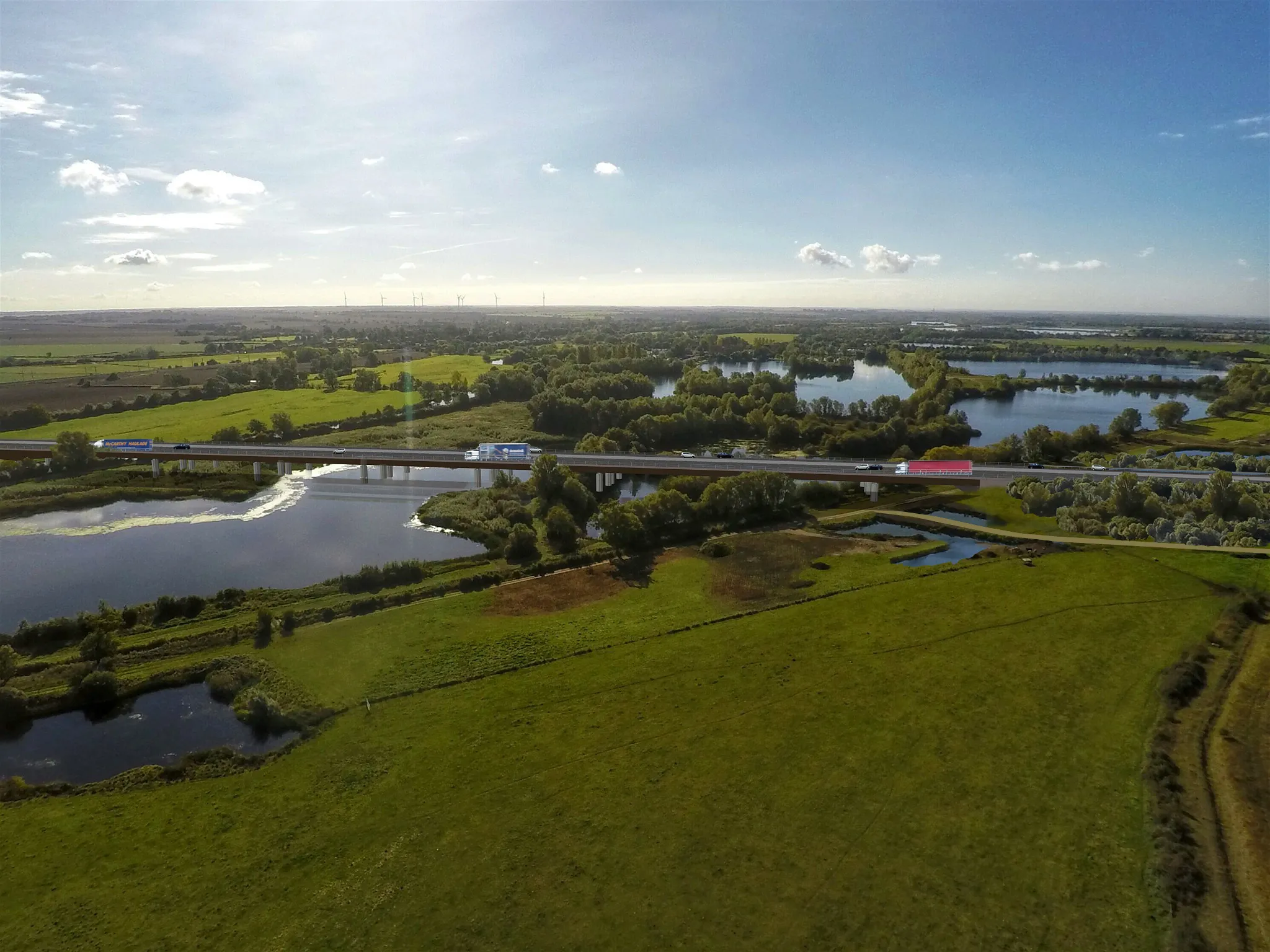The east-west RCEA is considered to be one of the most dangerous routes in France, according to government statistics. Some sections of the route, also called the Route Nationale 79, has been upgraded into a four-lane motorway over the past several decades. The plan is make the remaining two-lane sections into four-lanes.
French media reported that negotiations will now begin to finalise the project that could cost as much as €600 million, according to an estimate made last year by Benoît de Ruffray, chief executive of Eiffage.
The concession – which will not be bolstered with any public money – must include the provision for clean vehicles and the deployment of electric vehicle charging equipment.
The project must be finalised by France’s transport regulator ARAFER and then given the go-ahead by the State Council, likely by the end of the year.
Eiffage set to be concessionaire for France’s RCEA project
France’s Transport Ministry has chosen construction and concessions group Eiffage as the single prospective concessionaire for the project to complete the Route Centre-Europe Atlantique.
The east-west RCEA is considered to be one of the most dangerous routes in France, according to government statistics. Some sections of the route, also called the Route Nationale 79, has been upgraded into a four-lane motorway over the past several decades. The plan is make the remaining two-lane sections into four-lanes
June 17, 2019
Read time: 2 mins
France’s Transport Ministry has chosen construction and concessions group 5871 Eiffage as the single prospective concessionaire for the project to complete the Route Centre-Europe Atlantique.







